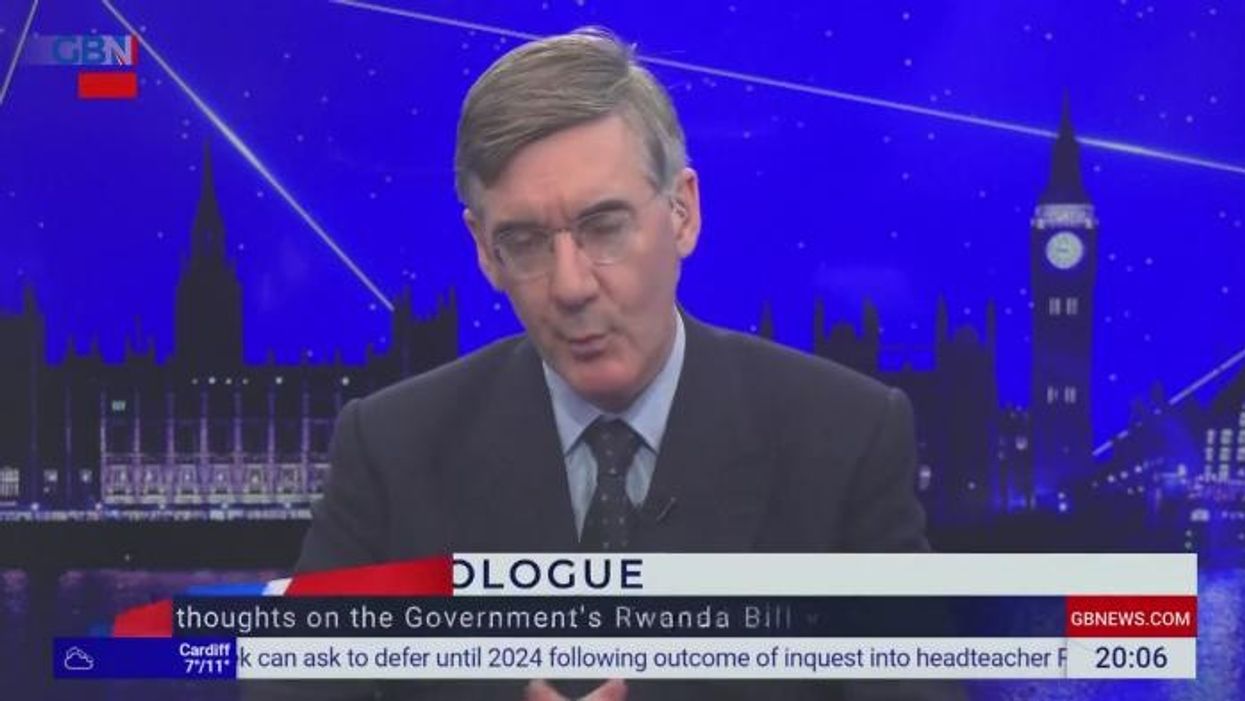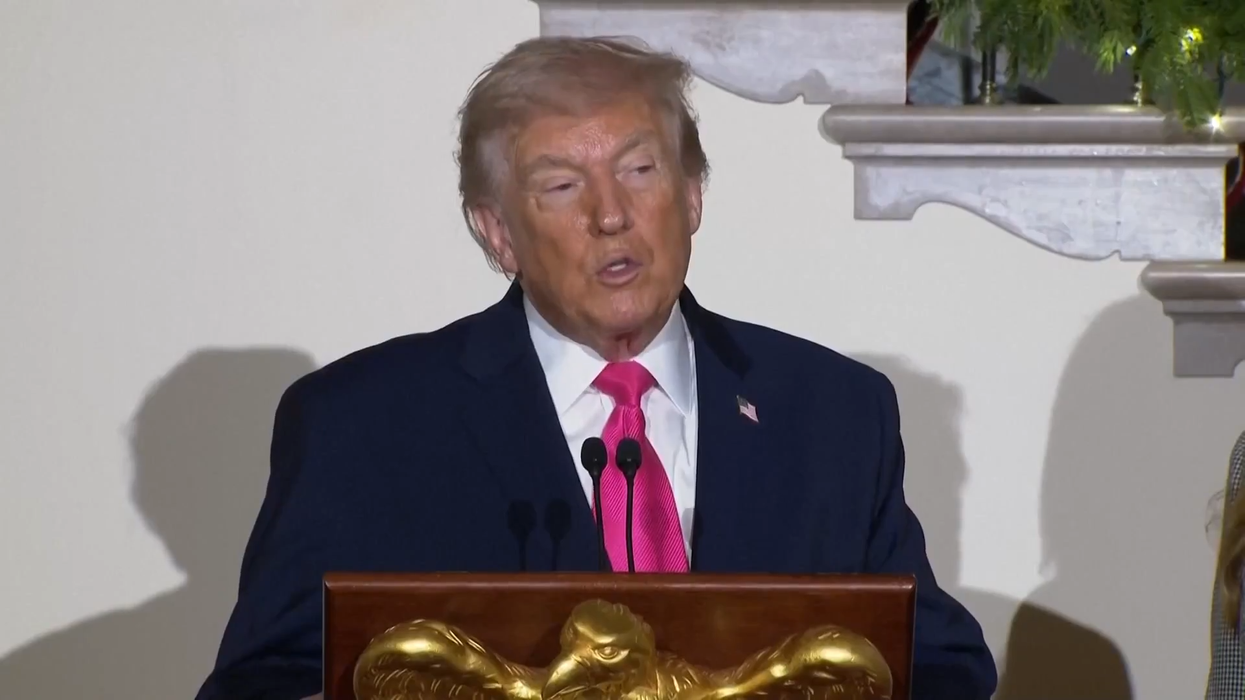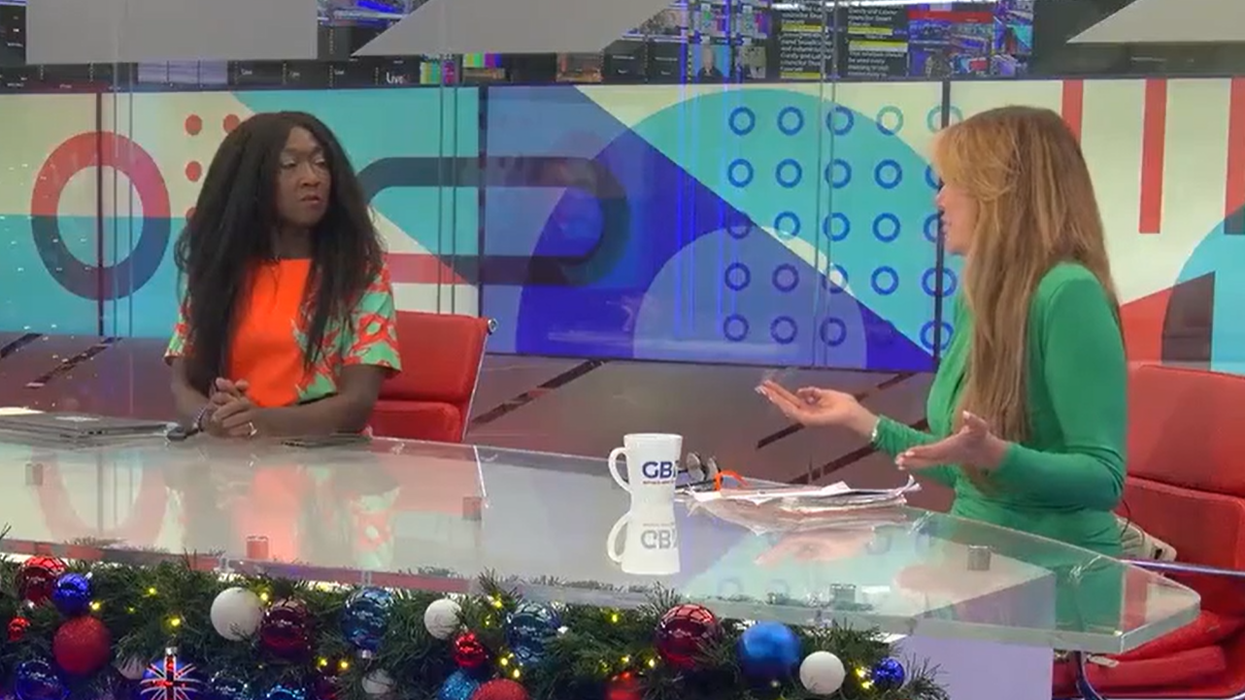
Sir Jacob Rees-Mogg has welcomed the “comfortable” win for the Government on the Rwanda vote but criticised the loopholes in the law which would still allow individuals to take the government to the European Court in Strasbourg.
Speaking on GB News he said:
“The government won with a majority of 44, a comfortable majority in the circumstances with a degree of abstention but nothing like enough to stop the law going through.
“And this is important because the second reading stage is a stage where you would usually only oppose a Bill if you thought it was wrong in principle, and irredeemable in terms of amendment to make it work.
“So, it's a good result for the Prime Minister, he must be pleased. But it also could be a step forward in dealing with the small boat problem.
“Except the weakness of the Bill is that there could be individual challenges under human rights law which could ultimately go to Strasbourg to be decided by a court that has constantly pushed its own authority.
“It believes in the doctrine of the Convention on Human Rights being a living document, which gives it the right to decide how much further it should go and how it should keep up to date with modern times rather than there being any parliament who votes on it.
“And this is one of the interesting things about international law. You hear a lot of talk about it; people say you can't do this, you can't do that in international law. But you have to ask: who judges international law?
“We know about the European Court and European Convention, but that only has any authority because we have signed up to it and there is a process for leaving.
“Other international law can only be judged between states when the states agree to go to international law.
“There isn't a judiciary as there is in a domestic sense to whom you or I can take cases against our own government.
“Crucially, there's no legislature to decide what international law will be. It has developed and it has evolved, and it is stated authoritatively by lawyers to be one thing or another.
“But our law can be settled by judges - by the Supreme Court and by Parliament. It is fundamentally different. And our rights do not come from international law or from European law, they're lost in the midst of time.
“I’ve banged on about this before, but it is important. In 1215 when King John agreed the Magna Carta, he was saying that he was reconfirming the rights granted by Edward the Confessor.
“Now, whether Edward the Confessor ever granted these rights is a moot point and historians argue over it.
“But their belief was that rights in 1215 such as ‘no man shall be denied justice’ were already ancient rights as early as the 13th century in our history.
“So, then you wind forward and you come to where we are today and Lord Sumption, one of the most distinguished judges in our recent history, has pointed out we're more than capable of setting up an updated Bill of Rights in our domestic legislation.
“Our first Bill of Rights 1688/89 is really the rights of parliament on your behalf rather than your rights. On the other hand, we could perfectly well have an updated Bill of Rights if there were a democratic mandate for it.
“And that's the point. What is the greatest protector of your rights?
“Is it your vote? Or is it some arbitrary bureaucracy?
“We need to make it work for our own democracy. The nation state is where our power lies, and where it ought to lie.”





















